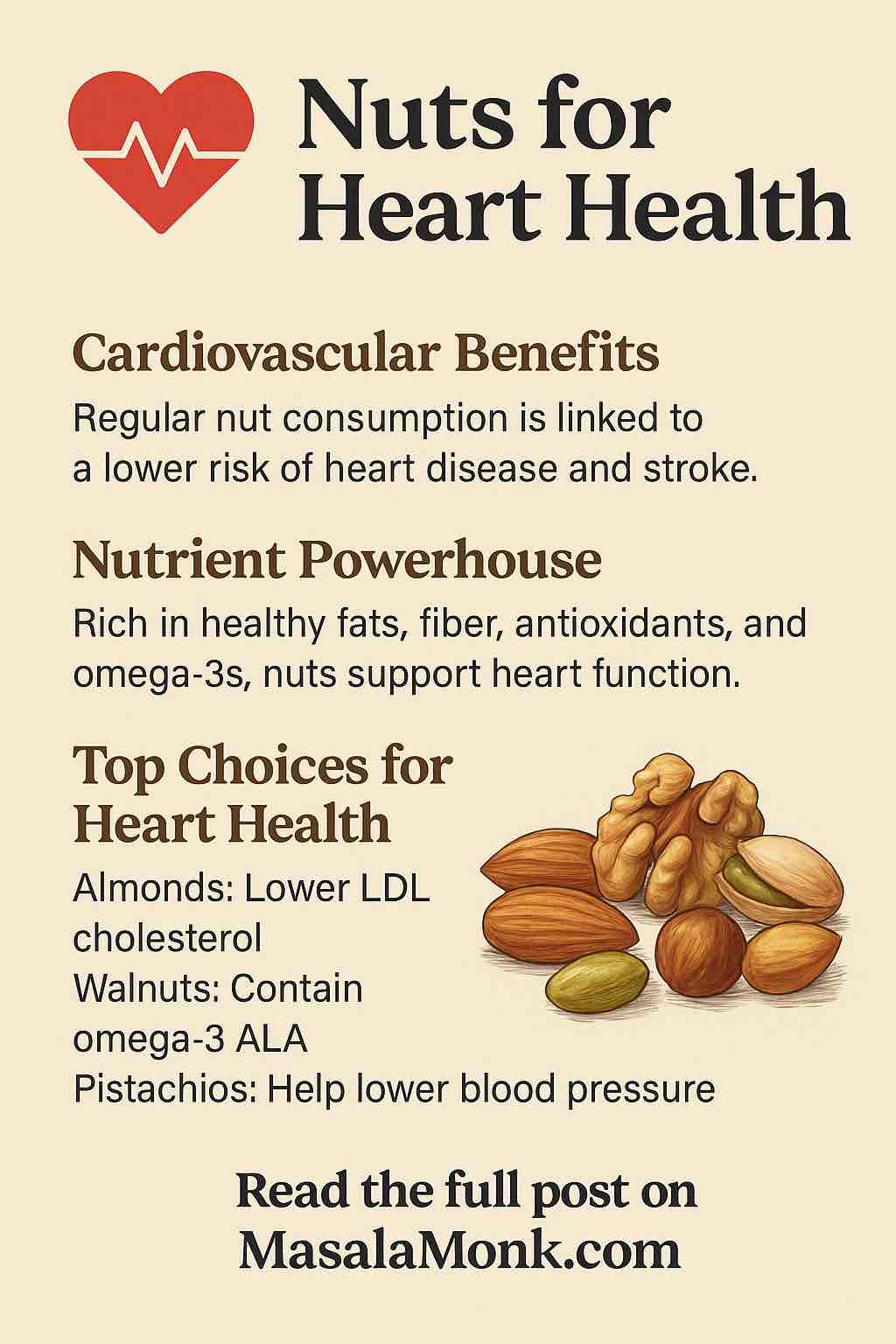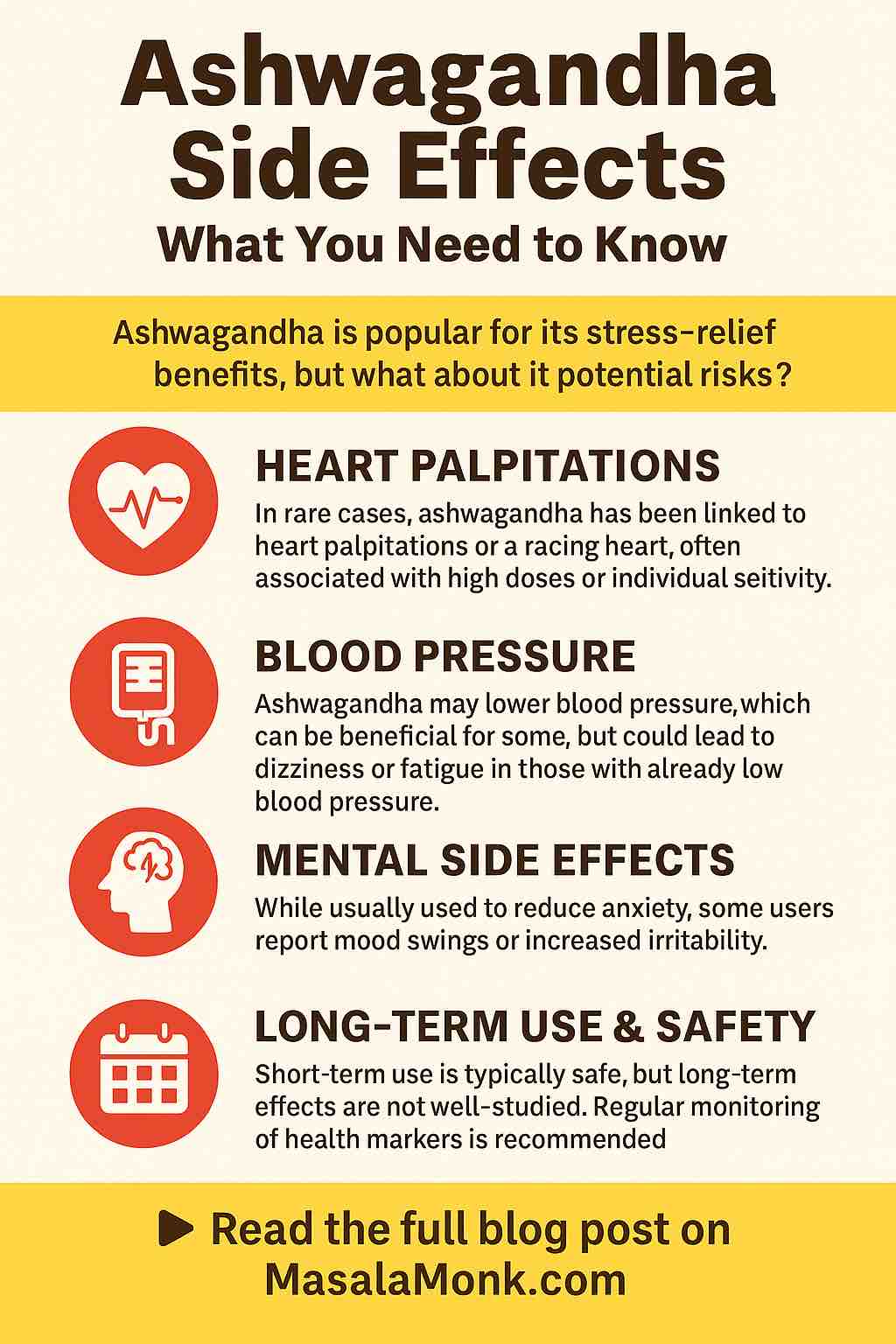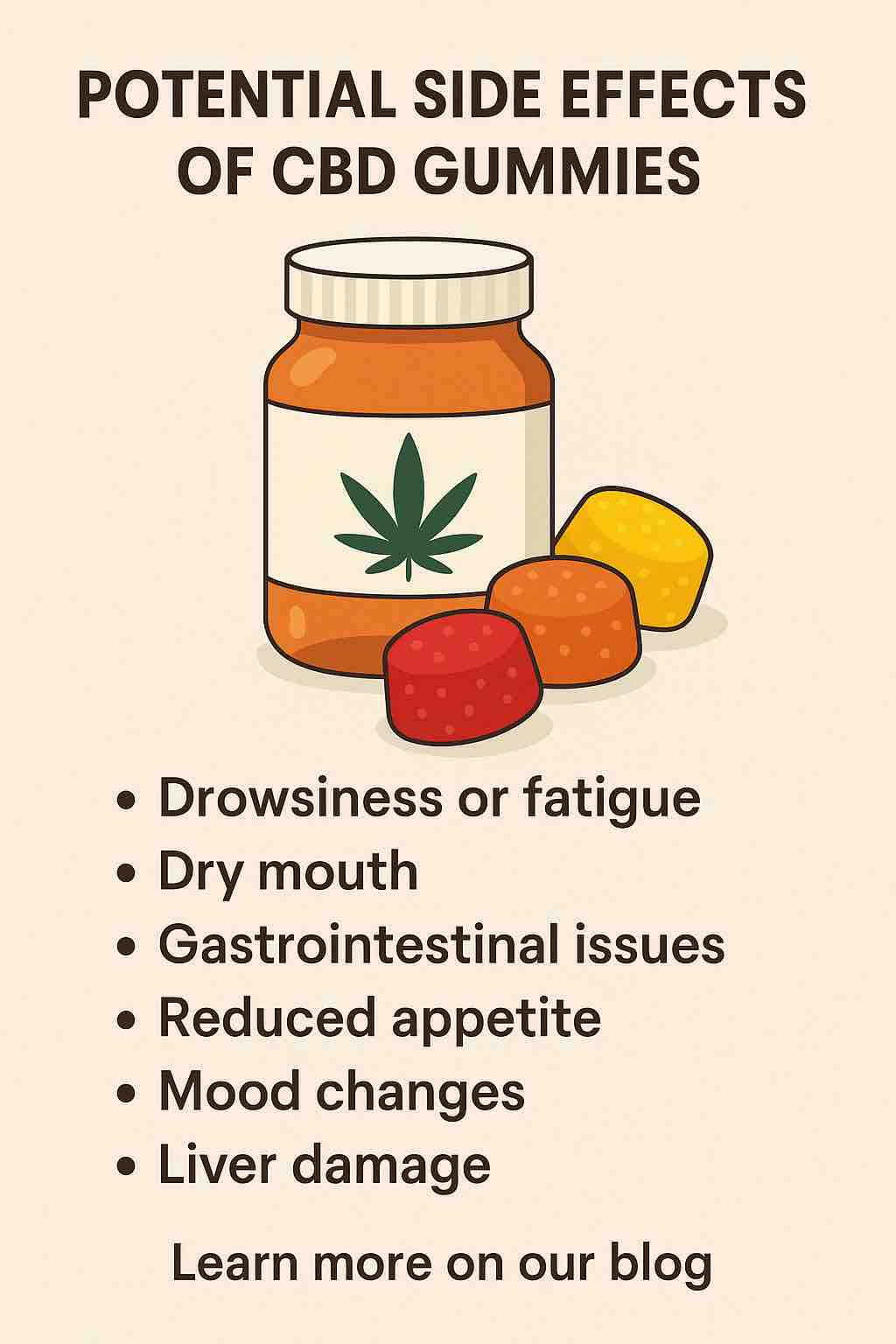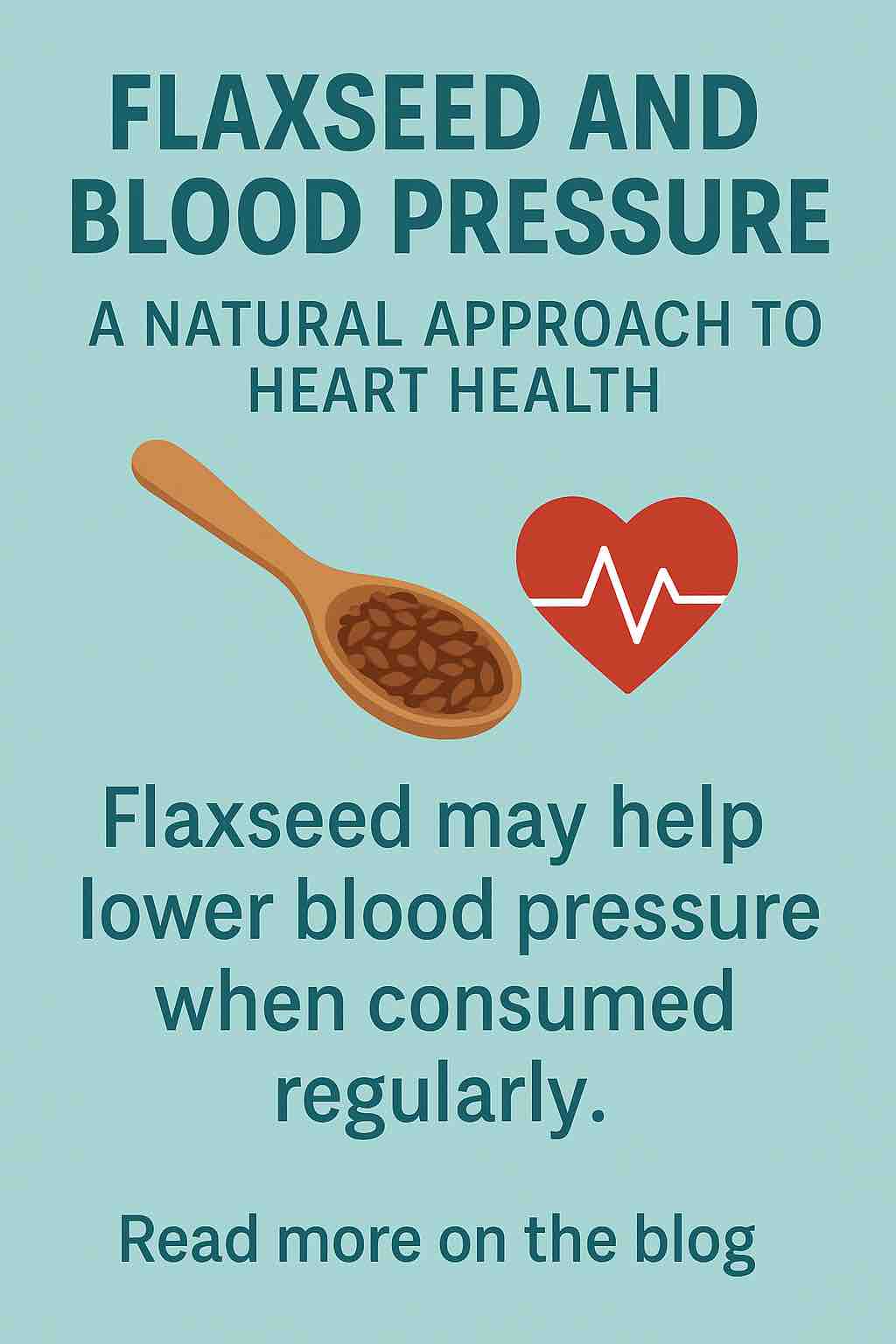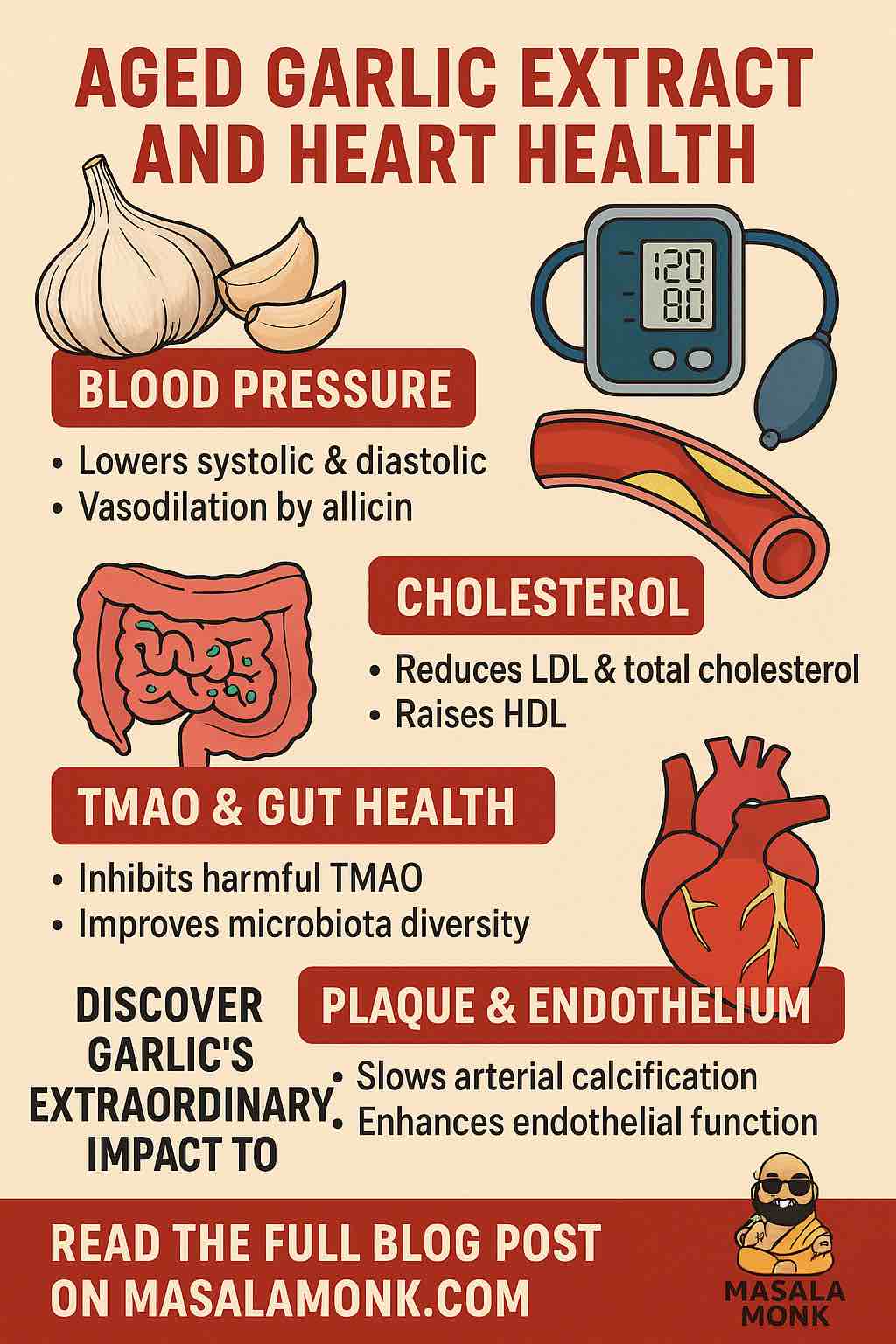
Heart disease remains the world’s leading cause of death, yet many people overlook simple, natural interventions that could complement conventional treatments. Among these, garlic stands out. Revered for centuries in both culinary and medicinal traditions, garlic (Allium sativum) is gaining attention in modern science for its potent effects on heart health. In this article, we delve deep into the mechanisms, clinical evidence, and practical ways to harness garlic’s extraordinary cardiovascular benefits.
1. Blood Pressure: Nature’s ACE Inhibitor
One of garlic’s most well-documented benefits is its ability to lower blood pressure. Numerous clinical trials and meta-analyses confirm that standardized garlic preparations can reduce both systolic and diastolic pressure, with effects rivaling low-dose prescription medications.
Mechanism: The key lies in allicin, a sulfur-containing compound formed when garlic is crushed. Allicin enhances nitric oxide production and inhibits angiotensin-converting enzyme (ACE), leading to vasodilation and reduced vascular resistance.
Practical Tip: Aged garlic extract (AGE) at doses of 1,000 to 2,400 mg per day has been shown to lower blood pressure in hypertensive patients. Choose supplements standardized for allicin or S-allylcysteine (SAC).
2. Cholesterol and Lipid Profile: Trimming the Bad, Supporting the Good
Garlic has demonstrated consistent benefits in improving lipid profiles. Multiple studies show reductions in total cholesterol, LDL (“bad”) cholesterol, and triglycerides, with a mild increase in HDL (“good”) cholesterol.
Mechanism: Garlic inhibits the enzyme HMG-CoA reductase (similar to how statins work), decreases lipid absorption in the intestines, and modulates inflammatory pathways that contribute to dyslipidemia.
Practical Tip: Use garlic powder supplements with at least 5 mg of allicin potential. Consider combining garlic with other lipid-lowering foods like oats and flaxseed for synergistic effects.
3. Antioxidant and Anti-inflammatory Powerhouse
Oxidative stress and chronic inflammation are foundational to cardiovascular disease. Garlic’s antioxidant compounds, including diallyl disulfide and ajoene, neutralize free radicals and reduce inflammatory cytokines.
Mechanism: These sulfur compounds block NF-κB and other inflammatory transcription factors, enhance glutathione activity, and reduce C-reactive protein (CRP) levels.
Practical Tip: Aged garlic extract is particularly rich in stable antioxidants. Incorporate it daily, and consider pairing it with turmeric or green tea for a broader anti-inflammatory spectrum.
4. Atherosclerosis and Plaque Stability: Slowing the Clock
Garlic doesn’t just work on numbers; it also improves arterial health. Several clinical studies using coronary calcium scoring and advanced imaging show that garlic can slow the progression of atherosclerosis.
Mechanism: Allicin and related compounds inhibit vascular calcification by downregulating BMP2 and RUNX2 expression. They also enhance endothelial function and reduce arterial stiffness.
Practical Tip: For measurable results, consistent use over 12+ months is essential. Combine garlic with regular exercise and a Mediterranean-style diet for optimal arterial support.
5. Gut Microbiota and TMAO Reduction: The New Frontier
Emerging science highlights the role of gut bacteria in heart health. Specifically, the metabolite TMAO (trimethylamine-N-oxide), produced by gut microbes from dietary carnitine and choline, is linked to plaque formation.
Mechanism: Garlic and its compounds inhibit the gut microbes responsible for TMA production, lowering circulating TMAO and reducing atherosclerotic risk.
Practical Tip: Raw garlic or high-allicin supplements can modulate the gut microbiome. Fermented garlic or garlic combined with prebiotics may further enhance microbiota diversity.
6. Safety and Supplementation Guidelines
Garlic is generally safe for most people, though high doses may cause gastrointestinal discomfort or interact with anticoagulant medications due to its blood-thinning properties.
Dosage: Clinical trials support doses of 600–2,400 mg/day of aged garlic extract or 5–10 mg/day of allicin potential.
Forms: Aged garlic extract (odorless), garlic oil capsules, garlic powder tablets, and raw garlic (1–2 cloves/day).
Interactions: Consult your healthcare provider if you are on blood thinners, planning surgery, or pregnant.
Conclusion: A Clove a Day Keeps the Cardiologist Away?
While garlic is not a miracle cure, the cumulative evidence suggests it plays a powerful, multi-pronged role in supporting cardiovascular health. From lowering blood pressure and cholesterol to enhancing vascular function and modulating gut microbiota, garlic offers a compelling case for inclusion in both preventive and adjunctive heart care.
For best results, use garlic as part of a comprehensive lifestyle approach that includes a heart-healthy diet, regular physical activity, and medical oversight.
Pro Tip: If you’re new to garlic supplementation, start low and monitor blood pressure or lipid panels after 4-6 weeks to assess response.
Further Reading and References
- Journal of Nutrition: Garlic and Cardiovascular Disease
- American Journal of Clinical Nutrition: Meta-analysis on Garlic and Lipids
- ClinicalTrials.gov: Ongoing Studies on Garlic and Heart Disease
Share your experience: Have you tried garlic supplements for heart health? What results have you noticed? Let us know in the comments below!
Frequently Asked Questions (FAQs)
- Q: What’s the best form of garlic for heart health?
A: Aged garlic extract (AGE) is the most studied form, offering consistent results in blood pressure and cholesterol management. It’s odorless, has stable compounds like S-allylcysteine, and is easier to tolerate than raw garlic. - Q: How much garlic should I take daily for cardiovascular benefits?
A: Clinical studies typically use 600–2,400 mg/day of AGE or 5–10 mg of allicin potential. If using fresh garlic, 1–2 cloves per day may offer mild benefit but is less standardized. - Q: How long does it take to see results?
A: Most users notice improvements in blood pressure or lipid profiles within 4–12 weeks, with plaque stabilization benefits seen over 6–12 months of continuous use. - Q: Can garlic supplements replace statins or blood pressure meds?
A: No. Garlic is best used as a complement, not a substitute. Always consult your healthcare provider before adjusting prescribed medications. - Q: Are there side effects or risks with garlic supplementation?
A: Garlic is generally safe, but high doses can cause digestive upset, bad breath, or increase bleeding risk—especially if you’re on anticoagulants or aspirin. - Q: Can I cook garlic to get the same heart health benefits?
A: Cooking garlic reduces allicin content. For health effects, use lightly crushed raw garlic or supplements. Let crushed garlic sit for 10 minutes before cooking to activate allicin. - Q: What other nutrients or supplements pair well with garlic?
A: Garlic pairs well with omega-3 fatty acids, turmeric, green tea, CoQ10, and magnesium, offering synergistic cardiovascular benefits. - Q: Can garlic help with metabolic syndrome or diabetes?
A: Yes. Garlic has shown modest reductions in fasting blood glucose, insulin resistance, and even waist circumference in some studies. - Q: Does garlic really impact gut microbiota and TMAO levels?
A: Emerging research shows garlic can reduce TMAO, a harmful metabolite linked to heart disease, by altering gut bacteria involved in its formation. - Q: What’s the difference between garlic oil, powder, and AGE?
A:- Garlic oil: May cause GI irritation; limited standardization.
- Garlic powder: Effective if standardized for allicin; less stable than AGE.
- Aged Garlic Extract (AGE): Most clinically validated; odorless and safe.

